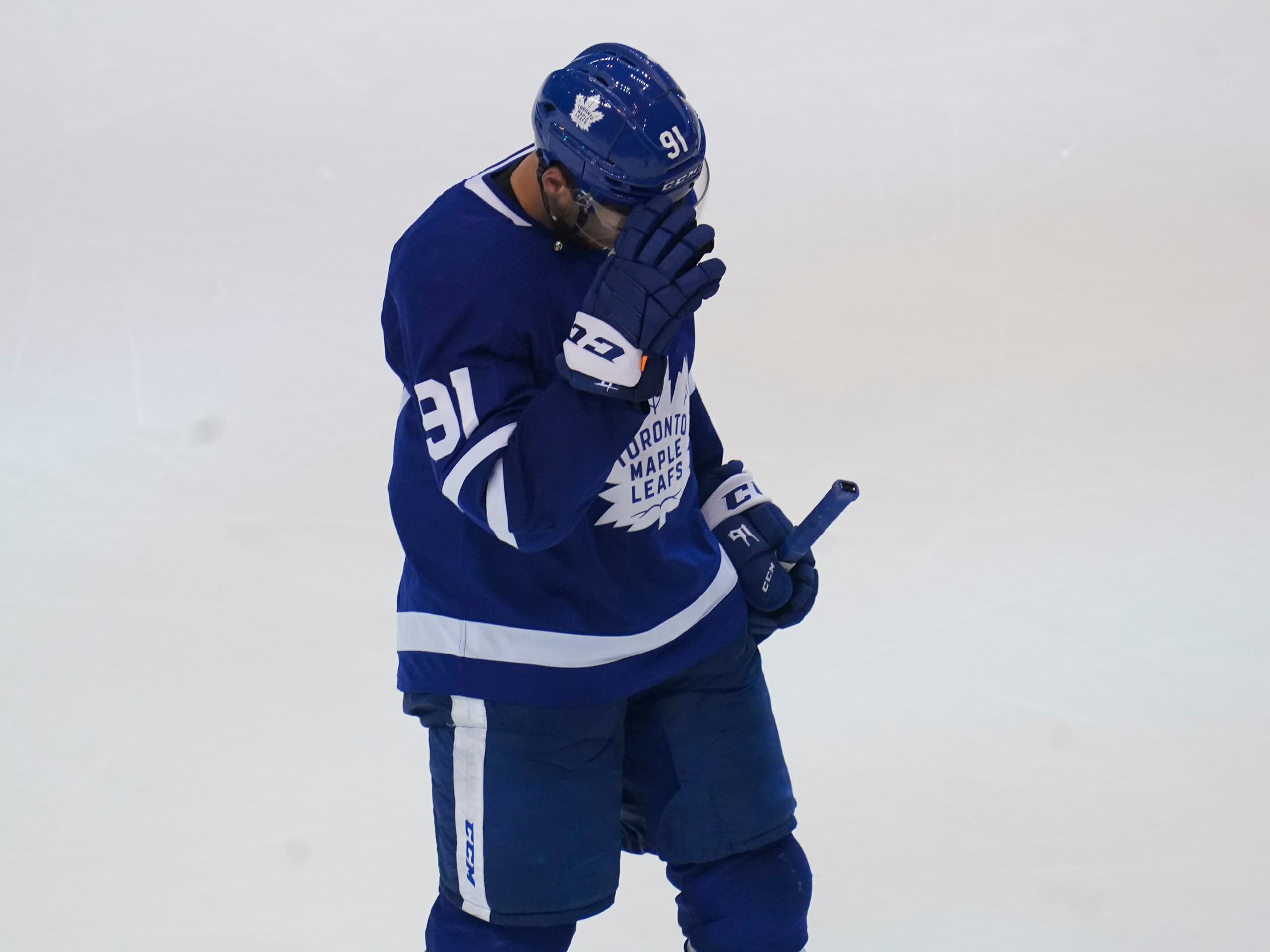There’s no one way to be a hockey fan, and that’s okay
Photo credit: © John E. Sokolowski-USA TODAY Sports
Breaking News
- The Leafs need more from Marner & Matthews: Leafs Morning Take
- Maple Leafs’ Max Domi fined $5,000 for hit on Panthers’ Aleksander Barkov
- Craig Berube believes Panthers’ Kulikov’s hit on Marner ’10 times worse’ than Domi’s hit on Barkov
- Auston Matthews discusses need for discipline after Panthers even series in Game 4
- Craig Berube says Maple Leafs will consider lineup changes ahead of Game 5 vs. Panthers
